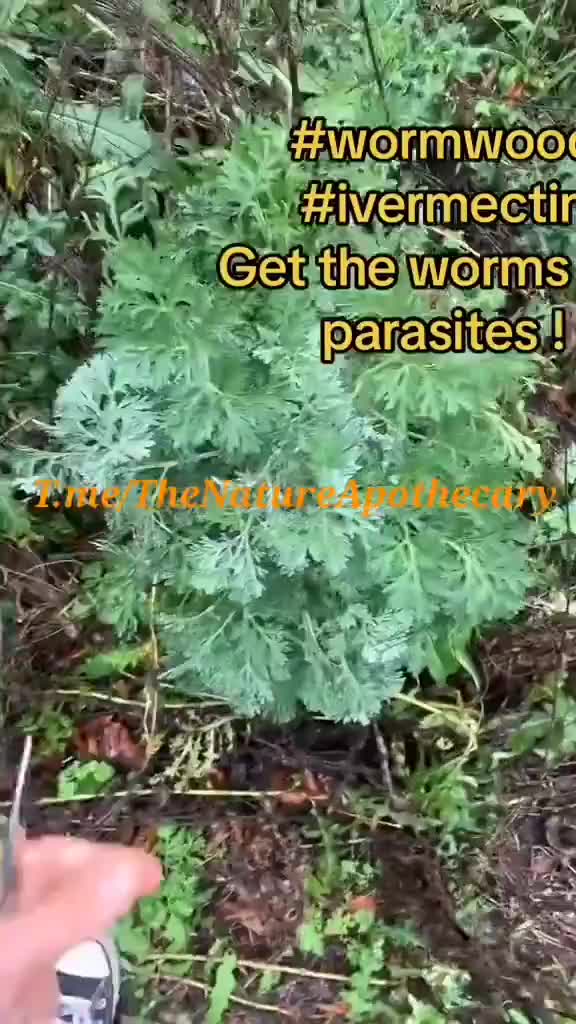I would do some research on this. From what I understand, ivermectin comes from a micro-organism found in soil and wormwood (artimisia) is a plant. Both are anti parasitic but I do not believe they are the same thing.
Here is a link to an article about Ivermecting and also provides other natural alternatives, wormwood being one of them:
https://suzycohen.com/articles/ivermectin-and-natural-alternatives/
Ivermectin and Natural Alternatives - Suzy Cohen, RPh offers natural remedies to help you feel better now!
Ivermectin was first discovered in Japan, at The Kitasato Institute which is a private medical research complex established way back in 1914. Ivermectin came
https://suzycohen.com/articles/ivermectin-and-natural-alternatives/
A team of researchers that includes Worcester Polytechnic Institute Biology Professor Pamela Weathers has found that extracts from the leaves of the Artemisia annua plant, a medicinal herb also known as sweet wormwood, inhibit the replication of the SARS-CoV-2 virus and two of its recent variants.
https://medicalxpress.com/news/2020-06-annua-sars-cov-.html
https://www.sciencedirect.com/science/article/pii/S0378874121002439?via%3Dihub
I do not know anything about sweet wormwood, but I found an interesting reference if people want to investigate. It is from a book called "Dumas on Food: Recipes and Anecdotes from the Classic Grand Dictionnaire de Cuisine." On p. 39 is an entry called Absinth (or Wormwood) / Absinthe. The entry describes the use of the "green muse" by poets and soldiers and how it contributed to many deaths. Again, I am not sure if the two are connected, but I read the reference a while back and set it aside because it was interesting given the discussion of wormwood I have seen here previously. It mentions two types (Roman and Pontic or little absinth).

